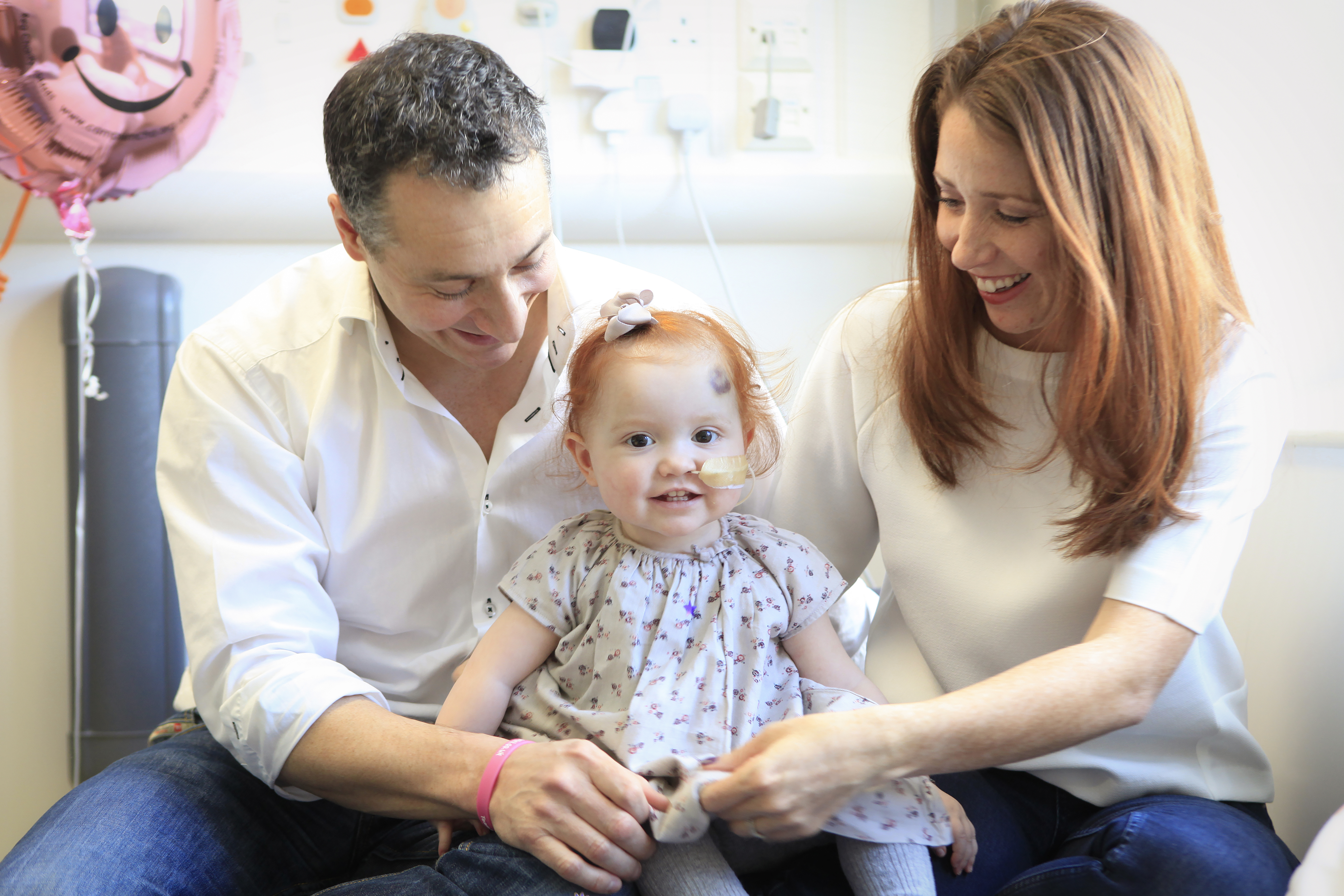How to be good with your Learning & Development Strategy
Gone are the days when learning and development (L&D) was about choosing the right training course. People learn in different ways and there is a new option now on the table, which is to learn by doing good.
The rise of purpose in business has meant that organisations are taking increasingly holistic approaches to both learning and development strategy and CSR (Corporate Social Responsibility). Using skills-based volunteering programmes, business can integrate these functions to increase their impact.
According to McKinsey, the L&D function in a business has five strategic purposes:
- To attract and retain talent
- To develop people’s capabilities and power skills
- To motivate and engage employees
- To create a values-based culture
- And to build an employer brand.
Making a skills-based volunteering programme part of a business’ L&D strategy helps with each of those functions.
Experiential learning
Naturally, the first objective of any L&D programme tends to be skills development. It may not be immediately obvious how a volunteering programme can do this, but the benefits are huge. Unlike traditional lecture-based and classroom-based training, working with charities is a form of experiential learning. This is more motivating, more memorable and demands complete focus and attention.
Even working at the best-run businesses, you can find elements of groupthink creeping into your approach. In a busy and competitive landscape, it’s hard for employees to get exposure to different approaches and leadership styles. Our own data has shown that 87% of participants in our programmes increased their awareness of other leadership styles, while 82% believed they had improved their coaching skills. 96% felt they had a better understanding of different perspectives.
That’s not to mention that charities typically have significantly less resource - human, financial and technological - to support problem solving. This puts skilled volunteers in a position where they have to apply their expertise in new ways - and we all know that stretching beyond one’s comfort zone is necessary for growth.
Employees putting their skills to use to help charities supporting real people is hugely motivating. The combination of a powerful impact and personal growth is an unparalleled way to improve morale: participants on our programme report increases to their wellbeing and job satisfaction.

Motivate, attract and retain
A business’ employer brand is how it is perceived to be as a place to work. How well does it value and look after its staff? What makes it different from other workplaces?
The employer brand is not something that can be contrived: to stick, it has to be an accurate reflection of employee experience. This derives from, among other things, the business’ culture and values. We know that times have changed and consumers are looking for businesses that reflect their values; well, the same goes for employees and job-seekers, especially those of the younger generations.
By focusing L&D strategy around values-focused development opportunities - experiences that create sustainable positive impact - a business can build a culture that reflects those values. This in turn builds a positive employer brand, which attracts new staff and retains current employees for longer, as well as turning them into ambassadors for the brand themselves.

Development for all job titles
Experiential, skills-based learning is a perfect opportunity to unify aspects of an L&D approach across all functions within the business and at all levels of seniority. When charities are facing operational, strategic or personnel challenges, there are myriad ways that the skills accumulated in the private sector can support them.
This can be seen with new entrants to an organisation, who get a motivating way to develop leadership and teamwork skills; meanwhile, senior leaders - for whom rewarding L&D experiences can often be hard to find - are able to deepen their skill set by testing it in new and different environments, as well as gaining exposure to other leadership styles without compromising the business.

Support that meets your needs
We say that our work is a two-way street: the charities and their participants benefit, of course, but so do the participants and our Partner Businesses. That’s why our Partnership Team is there for you: we want to know that our collaboration is meeting your needs.
Pilotlight can work with you to make sure you have a programme that suits your objectives. Our range of managed programmes all give your colleagues applied, experiential, motivating learning experiences that develop their skills and build your employer brand.
If none of our existing programmes align with your goals, we can work with you to create a bespoke programme that does, all while ensuring there remains a real impact on the Partner Charities.
